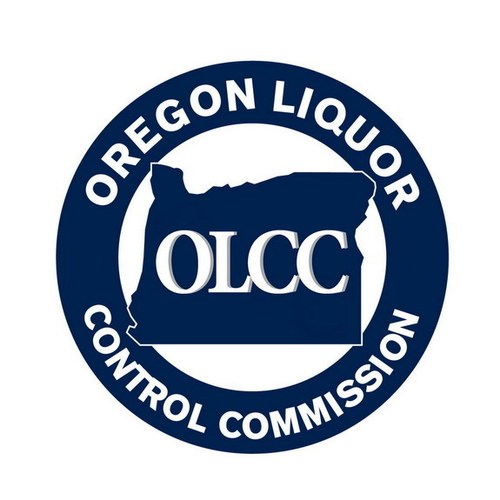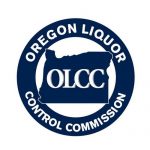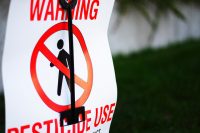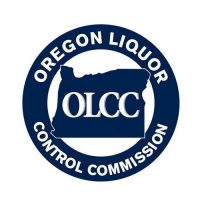The medical cannabis sector is currently attracting increased attention, as patients, doctors, regulators and investors take a closer look at our industry. There is a lot for them to learn and to benefit from as our industry matures under the glare of the proverbial spotlight. And there’s a lot for those of us in the industry to be proud of. We’re helping patients manage pain, for example. We’re helping them get their lives back.
But that same spotlight is also revealing some problems in our industry.
Take ingredients for example. When I look at the ingredient list in my natural medicines, I don’t expect to see Myclobutanil, Piperonyl Butoxide, Pyrethrin, Bifenezate, and Avermectin listed. Yet, that’s exactly what some licensed producers of cannabis in Canada and some cultivators in California have been selling to their patients. You have to ask yourself why, when pesticides are the only toxic substances released intentionally into our environment to kill living things. Patients don’t take cannabis to harm themselves. They do it to improve their quality of life.
Yet some cannabis companies have violated their patients’ trust in supplying them with something that could harm them. Indeed, recalls for cannabis, unfortunately, are now becoming somewhat commonplace on both sides of the border. These licensed producers – audited and approved by government – are entrusted to produce safe, reliable, consistent medicine for patients. They are entrusted to put safety at the core of their business at all times. But that is clearly not the case in certain circumstances.
In the past year, a few of the 52 licensed producers in Canada have been found to have pesticide contamination in their cannabis products. From what I can see, the explanations given for the presence of these pesticides don’t make sense. Pyrethrin, for instance, has been found on some medical cannabis products shipped out of certain growing facilities. However, pyrethrin does not naturally appear on plants. It has to be intentionally applied, accidentally or otherwise.
That means, in cases where this pesticide has been found on products after they left the growing facility, two things had to have happened. First, someone introduced it onto the plants to deal with an insect infestation. And second, lax quality control standards – perhaps influenced by a short-term focus on profits over patients – allowed infected products to enter their supply chain and, in many cases, to be consumed by patients.
When revealed, those responsible for companies using pesticides such as pyrethrin say they are “shocked”, publicly declaring that they have no clue as to how these toxic substances entered their cultivation processes. The fact is, if you don’t test your inputs, if you fail to test your outputs, and if you manage your business for short-term profits, you shouldn’t be producing cannabis.
There’s no place in healthcare for people who disregard a patient’s well being, because – from a patient’s perspective – what you don’t know could hurt you. No one who grows something can absolutely guarantee that a mistake will never be made, granted. But as the cannabis sector expands, experienced cannabis firms know there’s a direct correlation between attention and leadership: as the world pays more attention to our sector, the onus on us to be stewards in and for our industry also rises.
That means putting patient safety at the centre of everything we do. And that means ensuring patients are consuming safe cannabis produced by licensed companies that are committed to the long-term health and prospects of our growing industry.












